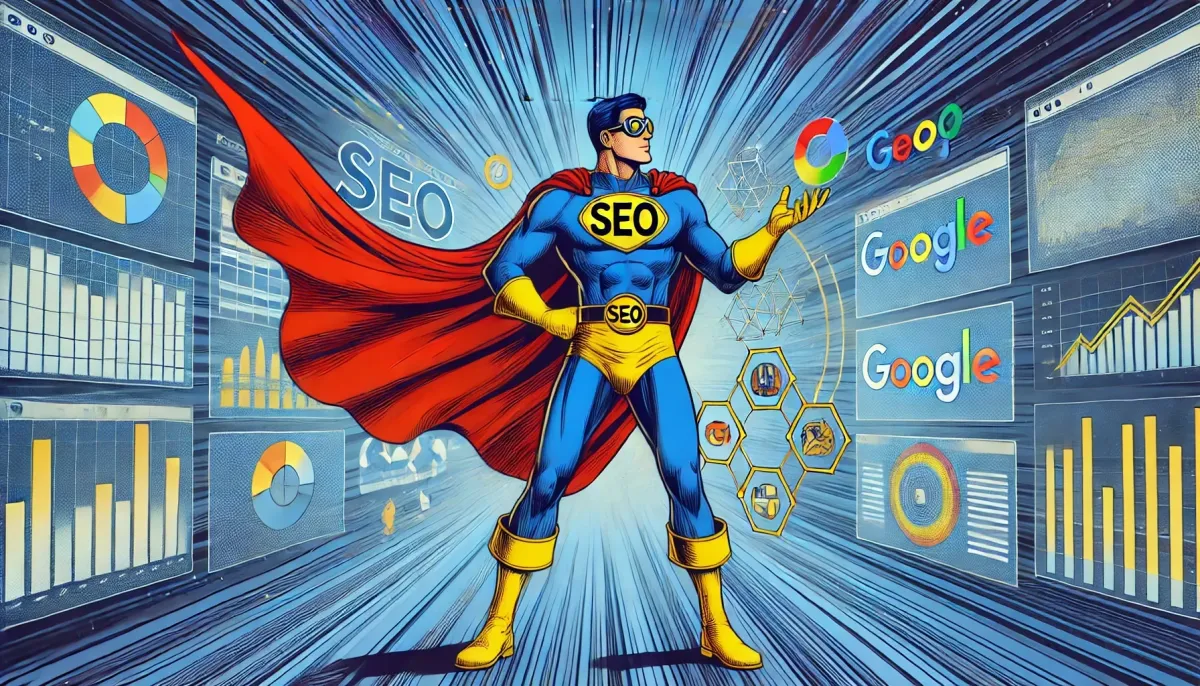The Future of Content in the AI ERA
Ever since Chat GPT came out, people’s minds have gone nuts. I mean at least there used to be some sense of authenticity.

Yesterday I got a text that was 100% Chat GPT. No Indian I know speaks like that.
And this morning I saw a Reddit comment that was 100% Chat GPT. No one says “Would you like me to clarify further on the XYZ topic?”
The only people I know that start a sentence with “Would you like” are fast food order takers when they try to upsell you, “Would you like fries with that?”
Now we have to deal with these LLMs taking over Search. People are using them for information, and publishers are getting nervous because it’s taking away traffic from them. The traditional way, or the way that was valid just a short year ago, was to write long-form guides that help people see you as an authority in your field.
Now we find out that LLMs are basically stealing your content and serving it directly to the end user.
Sucks.
Maybe that was the endgame all along. Reward websites that feed the AI until we’re ready to release the AI to the end user, and essentially capture the end user to stay on the app. All these LLMs are essentially like a walled garden. Why in the world would a user leave if they’ve received all the information they need?
So what do we do now?
Content in the Year of the Wood Snake
My question is answered, so why would I read further? What would make me want to click on either of these two links that Gemini shared with me?
The first one is an Economic Times piece about the predictions of what 2025 holds and how it will shape your fortune. The second is a sydney.edu.au piece about the beliefs and customs of the Lunar New Year and what the Year of the Snake means.
Both of these pieces are really great and perfectly positioned for LLMs. However, unless I want to do a deep dive into the history and meaning of Chinese traditions, I probably won’t be clicking through. And if I do, I’ll probably click back out because they are riddled with ads.
So that’s where we’re at. If we continue to play this content farm game, we’ll be stuck in the following cycle:
- AI uses our content to enrich their platforms, sending less and less traffic to websites
- Websites keep writing more content and put a ton of ads on their websites because AI continues to send less and less traffic
The End of Boring Content
I guess when we started seeing featured snippets, answer boxes, and quick answers on Google search, we should have woken up.
The reality that we live in is just surreal. AI has essentially taken away the need to actually write any "best", "how to", and "what" content. (AKA informational content)
What people need, crave, and what people will crave more of moving forward are authentic stories.
So Content in the Year of the Wooden Snake looks something like this:
Instead of “What Chinese New Year is 2025?” it would be: “How My Grandmother’s Traditions Shaped My View of Chinese New Year”
Instead of “How to lose weight” it would be "What Finally Worked for Me After Years of Failing at Weight Loss."
You’re probably wondering: “But Parth, I still have a business to run. How do I make money?”
That’s the problem. We’ve all been sold a bucket of lies. The companies making the most money have been doing exactly what I stated for years.
Patagonia is a great example. Instead of "Best Outdoor Jackets for Winter," Patagonia tells stories like "Why We’re Donating $10M to Fight Climate Change" or "The Fisherman Who Refused to Let a River Die."
Basecamp (now 37signals) is another great example. Instead of "How to Build a Successful Startup," Basecamp’s content focuses on "Why We Choose to Stay Small" or "Why We Don’t Take Venture Capital."
Instead of "5 Business Trends to Watch," The Hustle writes "Why This Random College Dropout Is Now a Billionaire" or "How an Obscure Law Created a $10M Side Hustle."
This is where we all need to be. And here’s how to get there:
Step 1: Speak to a Specific Tribe.
Narrow down your focus. Instead of trying to sell to everyone and their mother, be very specific in who you’re targeting.
- Patagonia isn’t for every outdoor enthusiast—it’s for eco-conscious adventurers who care about sustainability.
- Parth Shah SEO isn’t for businesses chasing vanity metrics—it’s for those who want long-term, sustainable visibility that outlasts algorithm changes.
Step 2: Lead with Stories
- The Hustle doesn’t just report business trends; it tells wild, entertaining business stories.
- Parth Shah SEO isn’t about churning out content to fill a keyword quota—it’s about crafting stories that build trust, authority, and real engagement.
Step 3: Be Authentic
- Basecamp isn’t just another startup tool—it’s an anti-startup movement for people tired of Silicon Valley.
- Parth Shah SEO isn’t about following the latest SEO trends—it’s about using strategies that are proven to drive business results, even when they go against conventional wisdom.
Over the next few weeks, I’ll be sharing specifically how to implement each of these tactics into your business. It’s time to remove the brainwashing from our minds, prepare for Google’s Walled Garden, and stop feeding the machines (chatbots).